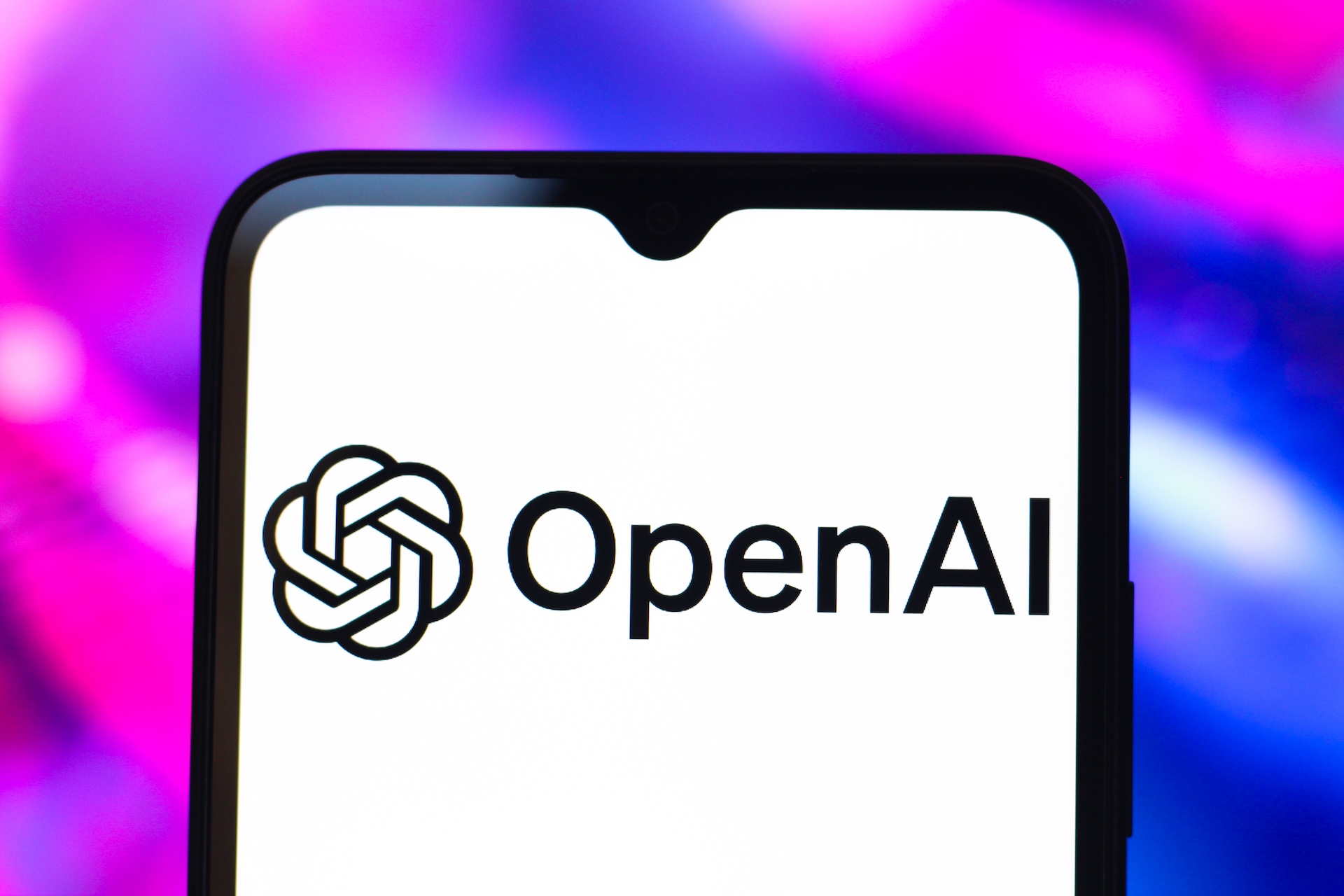
The technology sector is currently experiencing an unprecedented battle for skilled professionals, a talent war exacerbated by the rapid advancements in artificial intelligence and the immense financial power wielded by established industry giants. In this fiercely competitive landscape, where titans like Meta and OpenAI are reportedly offering multi-million-dollar compensation packages to secure top AI researchers and engineers, early-stage startups face a unique and escalating challenge. Historically, nascent companies have never been able to directly compete with the sizable salaries of their larger counterparts, but the current surge in compensation at the very top has widened this divide to an extent previously unimaginable. Despite these formidable obstacles, insights from leading founders and talent experts, shared at the TechCrunch Disrupt 2025 conference, suggest that startups are far from doomed. By meticulously crafting compensation strategies that prioritize generosity, fairness, and adaptability, these agile ventures can still assemble competitive packages and create room for strategic adjustments as they mature and scale.
The Widening Chasm: Big Tech’s Salary Surge and Market Impact
The current talent scramble is not an entirely new phenomenon in the tech world, but its intensity and the sheer scale of compensation are noteworthy. Throughout different eras of technological innovation, from the dot-com boom of the late 1990s to the rise of FAANG companies in the 2010s, demand for specialized tech talent has consistently outstripped supply. However, the advent of generative AI and the race to dominate this transformative technology have ignited a new, hyper-competitive phase. Companies with deep pockets are making aggressive moves, offering astronomical figures to lure experts capable of driving their AI initiatives. Reports of Meta’s willingness to offer up to $300 million and OpenAI’s reported million-dollar pay packages underscore the extreme measures being taken to secure foundational intellectual capital.
This aggressive recruitment by tech behemoths has several cascading effects on the broader market. It inflates salary expectations across the board, making it challenging even for mid-sized companies to retain their talent. For startups, which typically operate on tighter budgets and rely on venture capital funding that needs to be deployed judiciously, this environment creates significant pressure. The perception that only big tech can offer financially rewarding career paths can deter promising candidates from even considering early-stage opportunities, potentially leading to a brain drain from the innovative startup ecosystem. The cultural impact is palpable, shifting the narrative around career success towards immediate financial gain, which can overshadow the long-term, impact-driven appeal of early-stage ventures.
Beyond Direct Competition: A Strategic Shift in Talent Acquisition
Rather than attempting to match the financial might of established tech giants, which is often an impossible and ultimately unsustainable endeavor, startups should adopt a fundamentally different approach to talent acquisition. This perspective was strongly advocated by Yin Wu, co-founder and CEO of equity management software company Pulley, during her appearance at TechCrunch Disrupt in October. Wu emphasized that stable, large tech companies and dynamic, early-stage startups inherently appeal to distinct types of candidates. The individual drawn to the security, structured career paths, and immense resources of a large corporation often has different motivations than someone seeking the high-impact, fast-paced, and potentially high-reward environment of a startup.
For many, the allure of a startup lies not in immediate, outsized cash compensation, but in the opportunity for significant ownership, direct impact on product development, and the chance to shape a company’s culture and trajectory from its nascent stages. This cultural fit is a powerful differentiator. Startups often offer greater autonomy, a flatter hierarchy, and a clearer line of sight between an individual’s contributions and the company’s success. These non-monetary incentives can be incredibly compelling for professionals who prioritize purpose, innovation, and personal growth over the stability and often bureaucratic structures of larger organizations. Therefore, the strategic shift involves highlighting these intrinsic benefits, cultivating a compelling vision, and building a culture that resonates with ambitious, entrepreneurial-minded individuals.
Equity as the Cornerstone: Generosity and Long-Term Vision
A critical component of a startup’s competitive compensation strategy, as articulated by Wu, is a generous approach to equity. "My pretty strong opinion when it comes to equity for a startup is that you should be more generous than what you think you should be," Wu stated. She elaborated that if a company achieves significant success, founders are unlikely to regret having shared more equity with the individuals who were instrumental in that journey. This sentiment taps into a fundamental principle of startup wealth creation, rooted in the historical trajectory of countless successful tech ventures. From the early days of Silicon Valley, stock options and equity grants have been the primary mechanism through which early employees in groundbreaking companies have achieved substantial financial gains, often far exceeding what a traditional salary could offer.
However, offering equity comes with its own set of complexities. Employees typically receive stock options or restricted stock units (RSUs) that vest over several years, often with a one-year "cliff" before any equity is earned. This structure ties an employee’s long-term financial interest to the company’s success and longevity. For startups, it’s not merely about granting shares but about clearly communicating the potential value, the vesting schedule, and the impact of future funding rounds or potential acquisitions. A generous equity package signals a founder’s confidence in the company’s future and a genuine desire to share that success with the team. It transforms employees into owners, fostering a deeper sense of commitment and shared purpose, which can be a powerful antidote to the immediate gratification offered by large cash salaries elsewhere.
Accountability and Clear Expectations: Maximizing Talent ROI
While generosity in equity is crucial, it must be balanced with clear expectations and robust accountability mechanisms. Randi Jakubowitz, the head of talent at 645 Ventures, emphasized this point, advising startups to establish precise goals for each new hire. This ensures that the compensation package, particularly the valuable equity component, is justified by the individual’s contributions and performance. The investment in talent, especially at the leadership or critical engineering levels, is substantial for a startup, making it imperative that every hire delivers tangible value.
Jakubowitz highlighted the importance of understanding "vesting cliffs" – the initial period (typically one year) during which an employee must remain with the company to earn any vested equity. If an employee underperforms and is not addressed promptly, particularly after the vesting cliff, the company risks losing valuable equity that could otherwise be allocated to high-performing team members or future hires. This necessitates clear performance metrics, regular feedback loops, and, when necessary, swift action on underperforming personnel. Establishing these accountability frameworks from the outset helps maintain fairness within the team, ensures that equity serves its intended purpose of rewarding performance and commitment, and protects the company’s long-term capitalization table. It’s a pragmatic approach that recognizes the speculative nature of startup equity and aims to maximize its return on investment.
Foundational Fairness: Adaptability and Legal Compliance
A recurring theme among the TechCrunch Disrupt panelists was the idea that while compensation strategies don’t need to be perfect or immutable from day one, they must be built on a foundation of fairness. This initial commitment to equitable practices provides the necessary groundwork for future adjustments without inviting legal complications or internal discord. The evolving nature of a startup means that compensation structures will likely need to adapt as the company grows, secures new funding rounds, and its valuation changes. However, if the underlying principles are fair, these adaptations can be implemented smoothly.
Yin Wu offered Pulley’s approach as




